May 10, 2024
IN Magazine Supplement: internal communications for hybrid working cultures
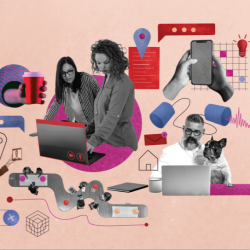 One of the many important talking points of The Great Workplace Conversation and the widespread adoption of hybrid working over the past three years has been how we talk about change. Whenever anybody refers to people ‘returning to work’, they can expect to be corrected by somebody else pointing out that most people never stopped working during the various lockdowns. They’d stopped going into work. In the same way, people are increasingly likely to point out that the office and the workplace are often two different things. Words matter. Precision matters. Shared ideas matter. Engagement matters. (more…)
One of the many important talking points of The Great Workplace Conversation and the widespread adoption of hybrid working over the past three years has been how we talk about change. Whenever anybody refers to people ‘returning to work’, they can expect to be corrected by somebody else pointing out that most people never stopped working during the various lockdowns. They’d stopped going into work. In the same way, people are increasingly likely to point out that the office and the workplace are often two different things. Words matter. Precision matters. Shared ideas matter. Engagement matters. (more…)





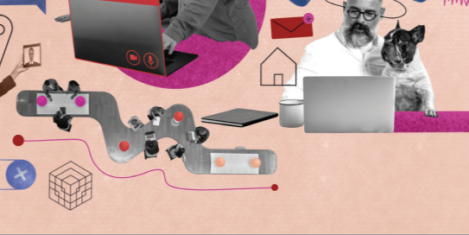









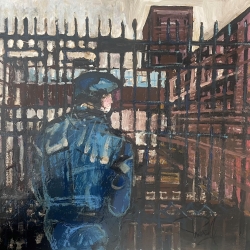
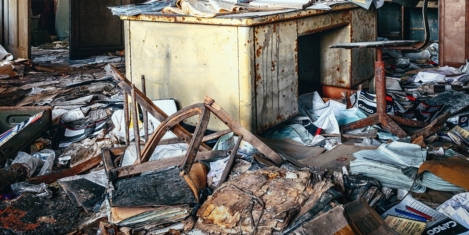
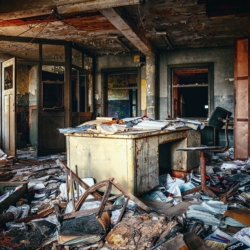





 We know, and have for a long time, that the workplace is in a state of near constant flux. The meteor strike of lockdown was an accelerant, not a deviation. It also laid bare -yet again – the faulty assumption that there is some sort of general evolution towards an idealised version of the office or conversely the universal adoption of remote or hybrid working, whatever it is. That is why we see so many people routinely willing to suspend their critical facilities to make extravagant and even absurd predictions about the office of the future or even the death of the office.
We know, and have for a long time, that the workplace is in a state of near constant flux. The meteor strike of lockdown was an accelerant, not a deviation. It also laid bare -yet again – the faulty assumption that there is some sort of general evolution towards an idealised version of the office or conversely the universal adoption of remote or hybrid working, whatever it is. That is why we see so many people routinely willing to suspend their critical facilities to make extravagant and even absurd predictions about the office of the future or even the death of the office.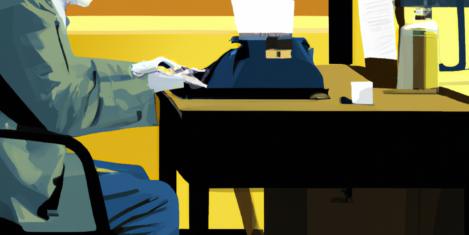
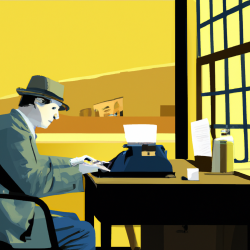








March 9, 2024
Industry: the art of working from anywhere
by Eugenia Anastassiou • Comment, Everything Omni, Flexible working